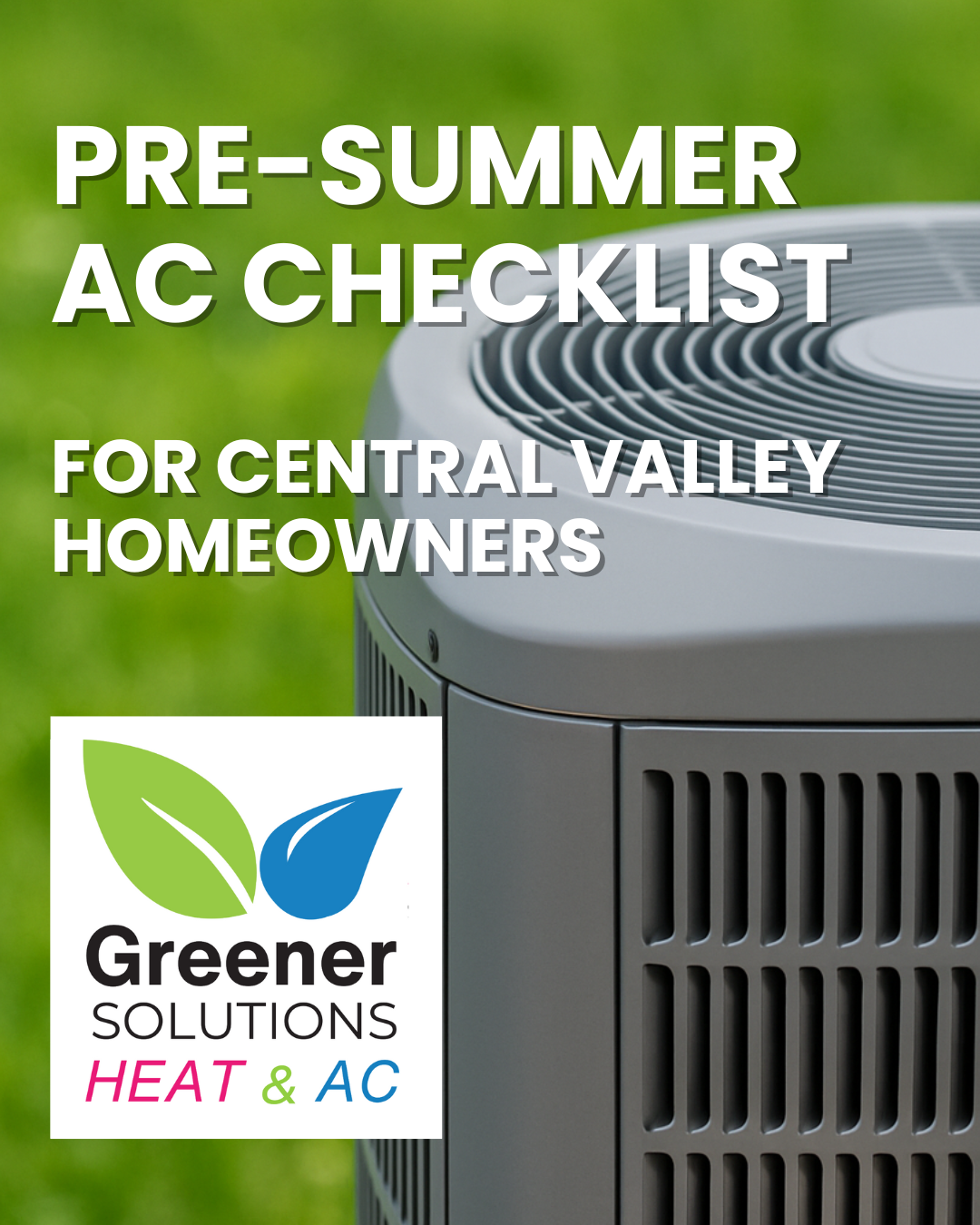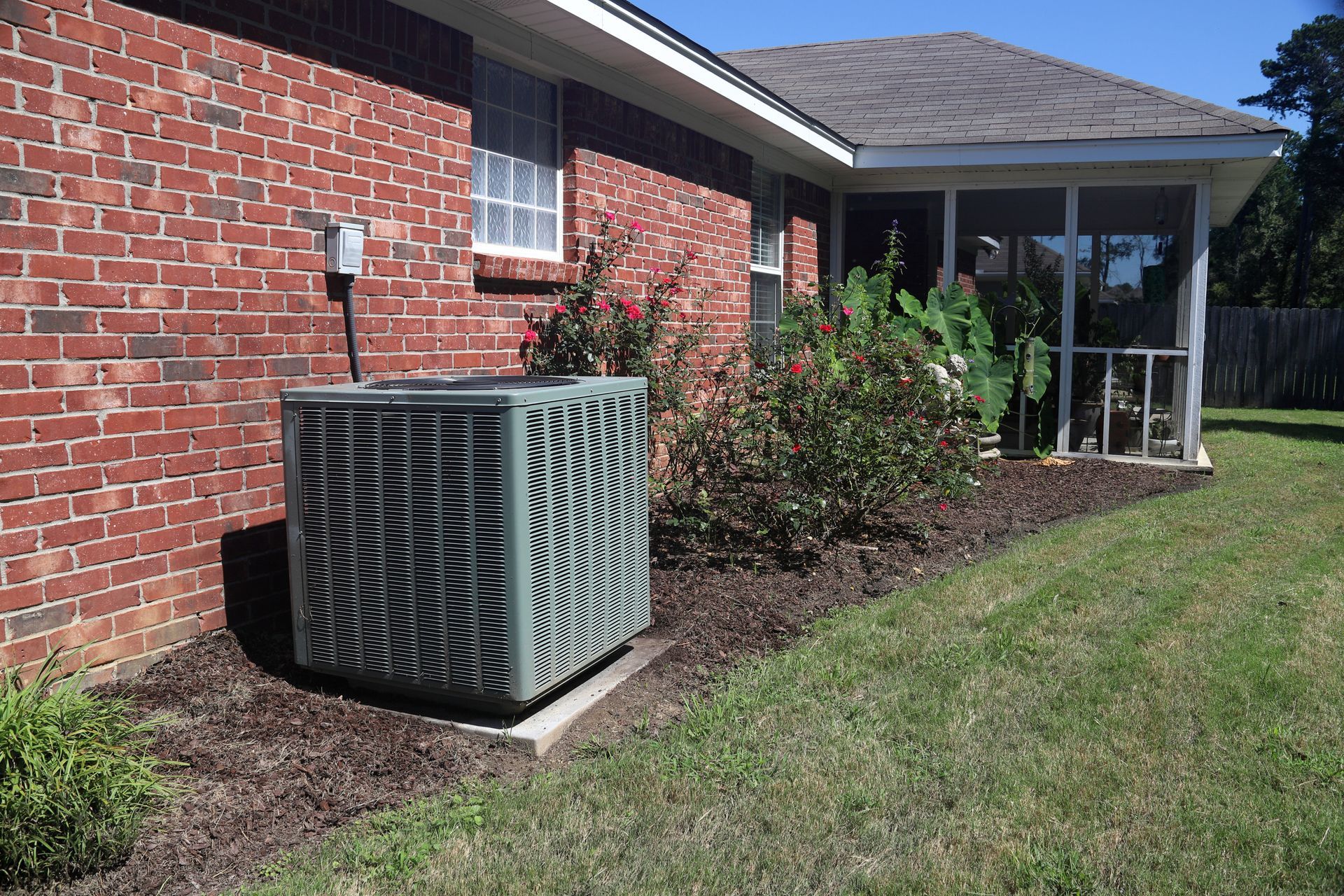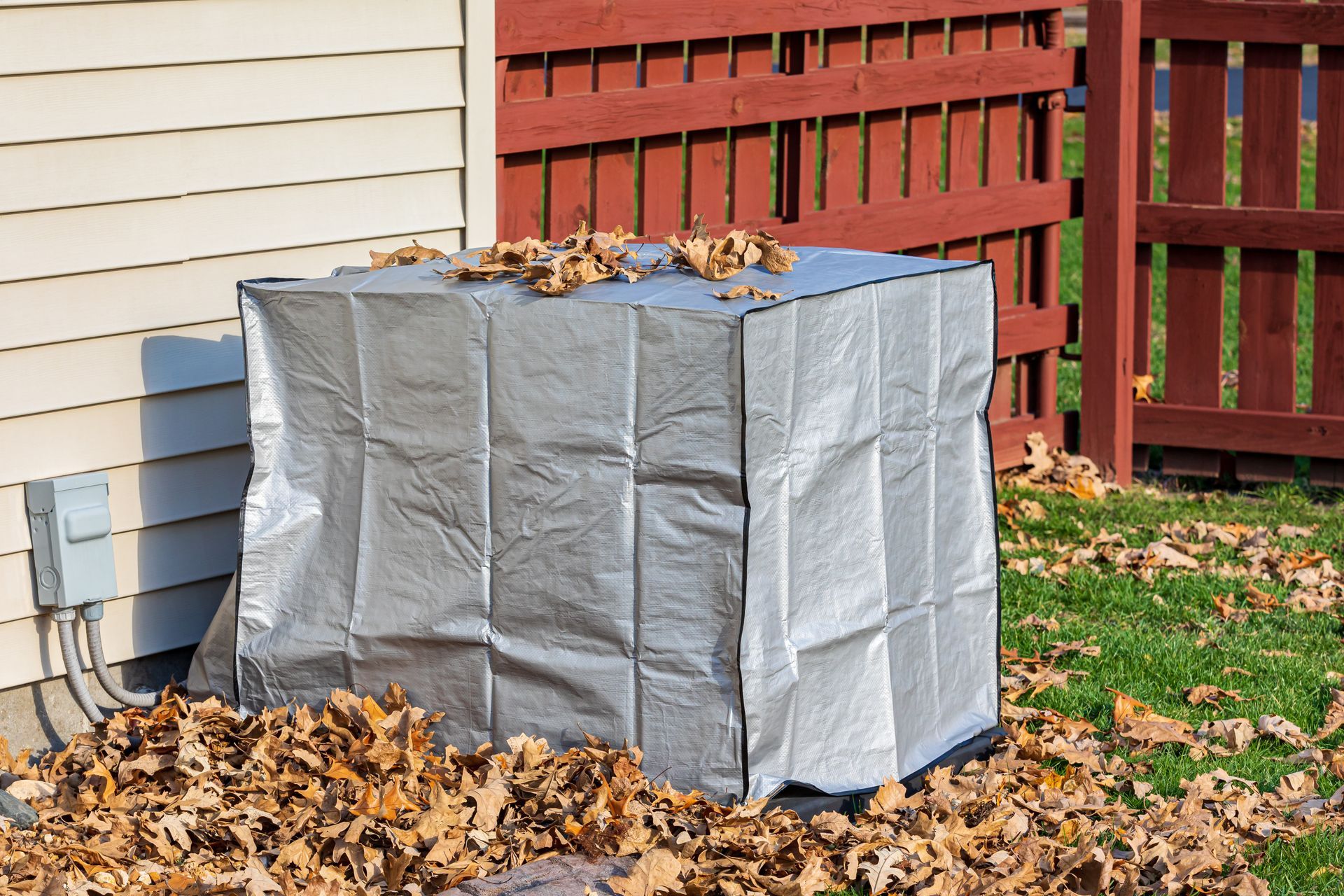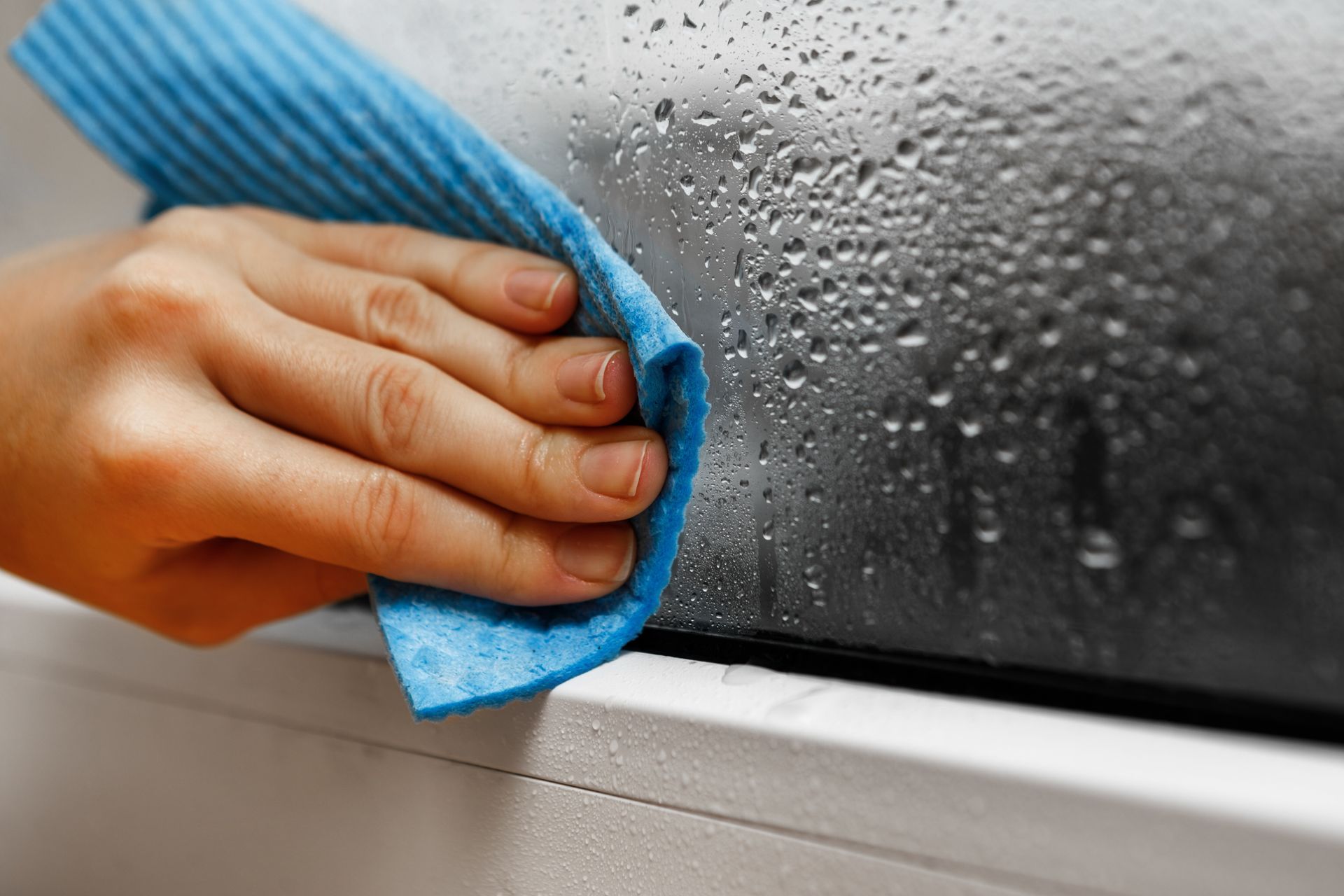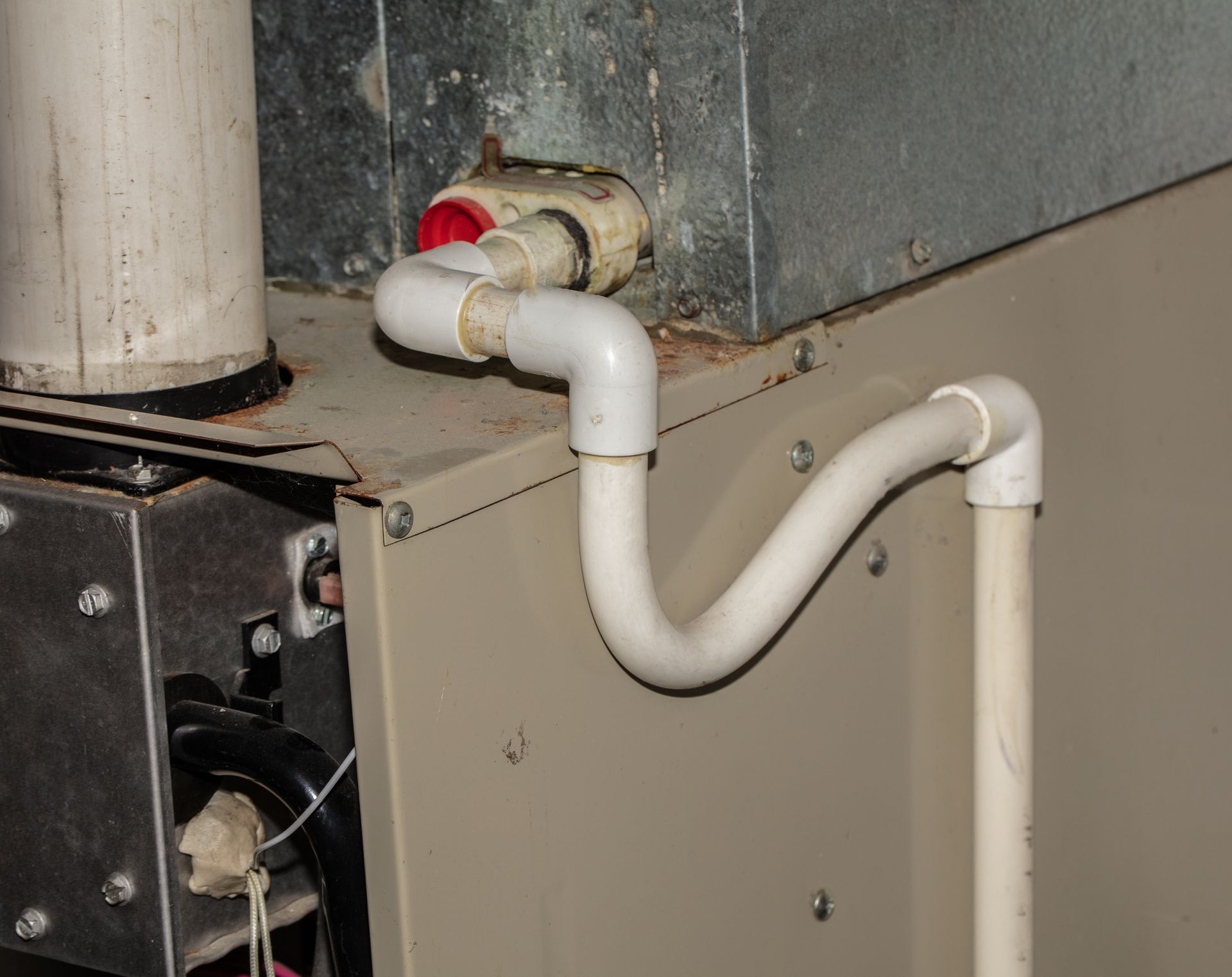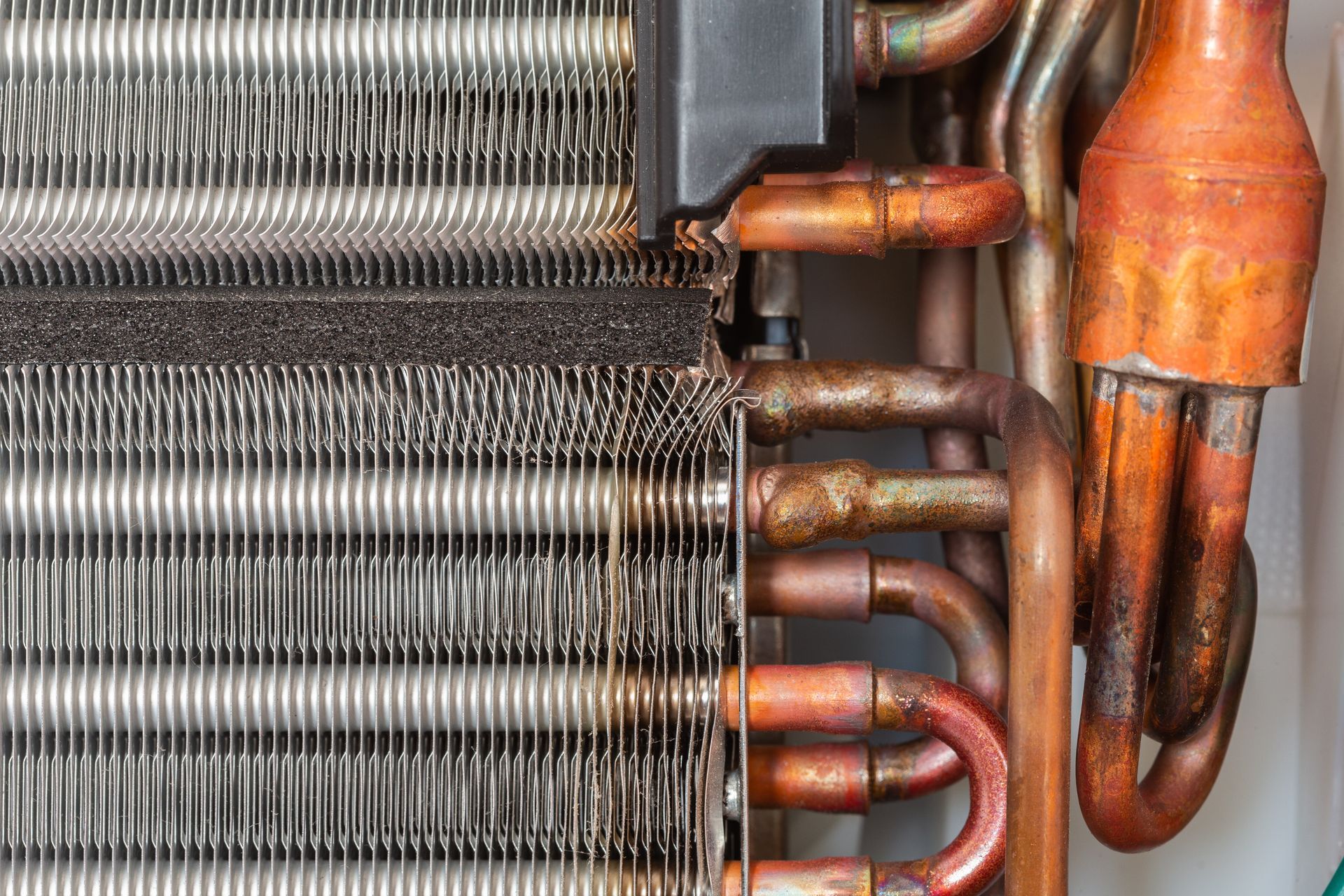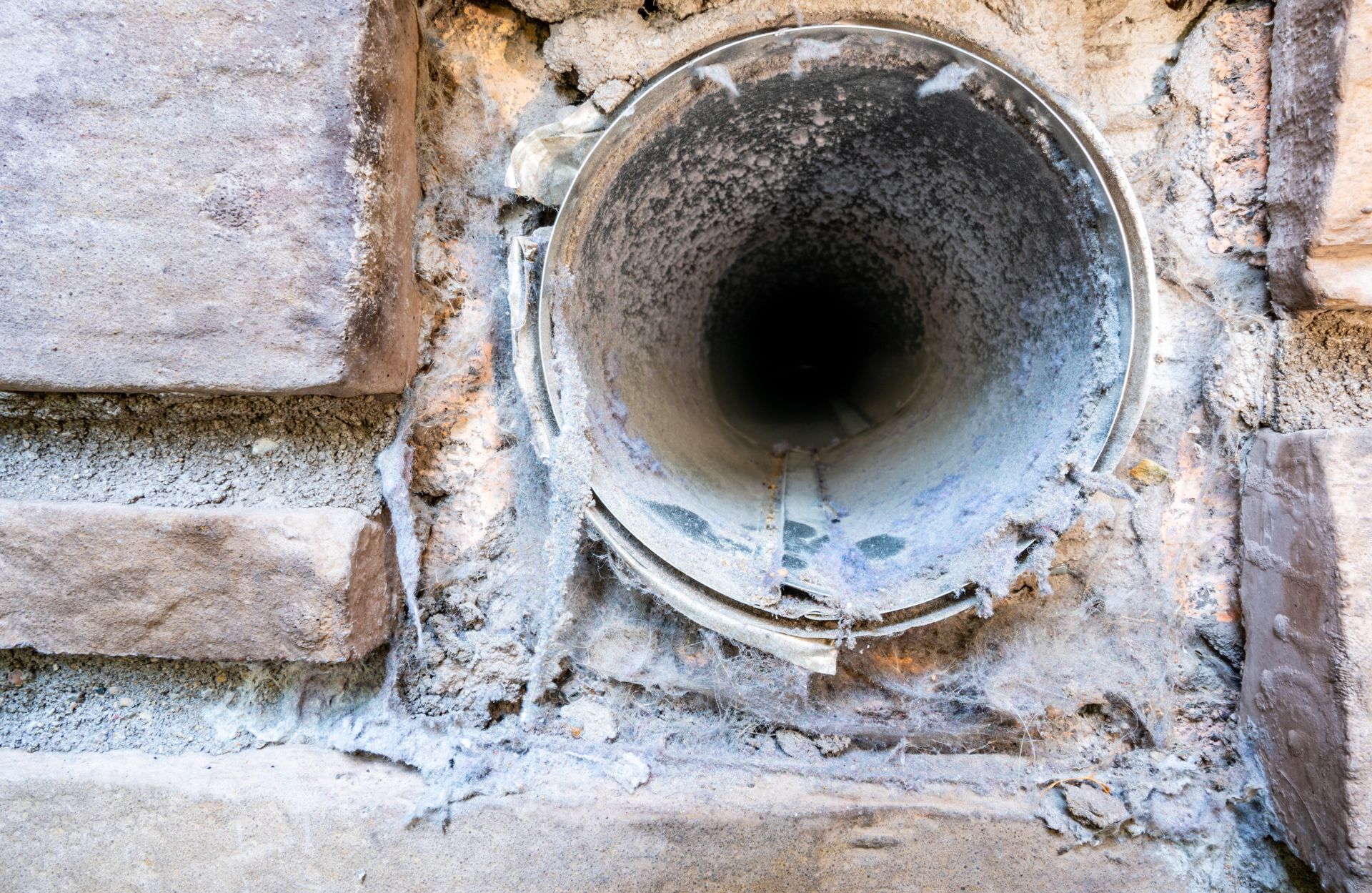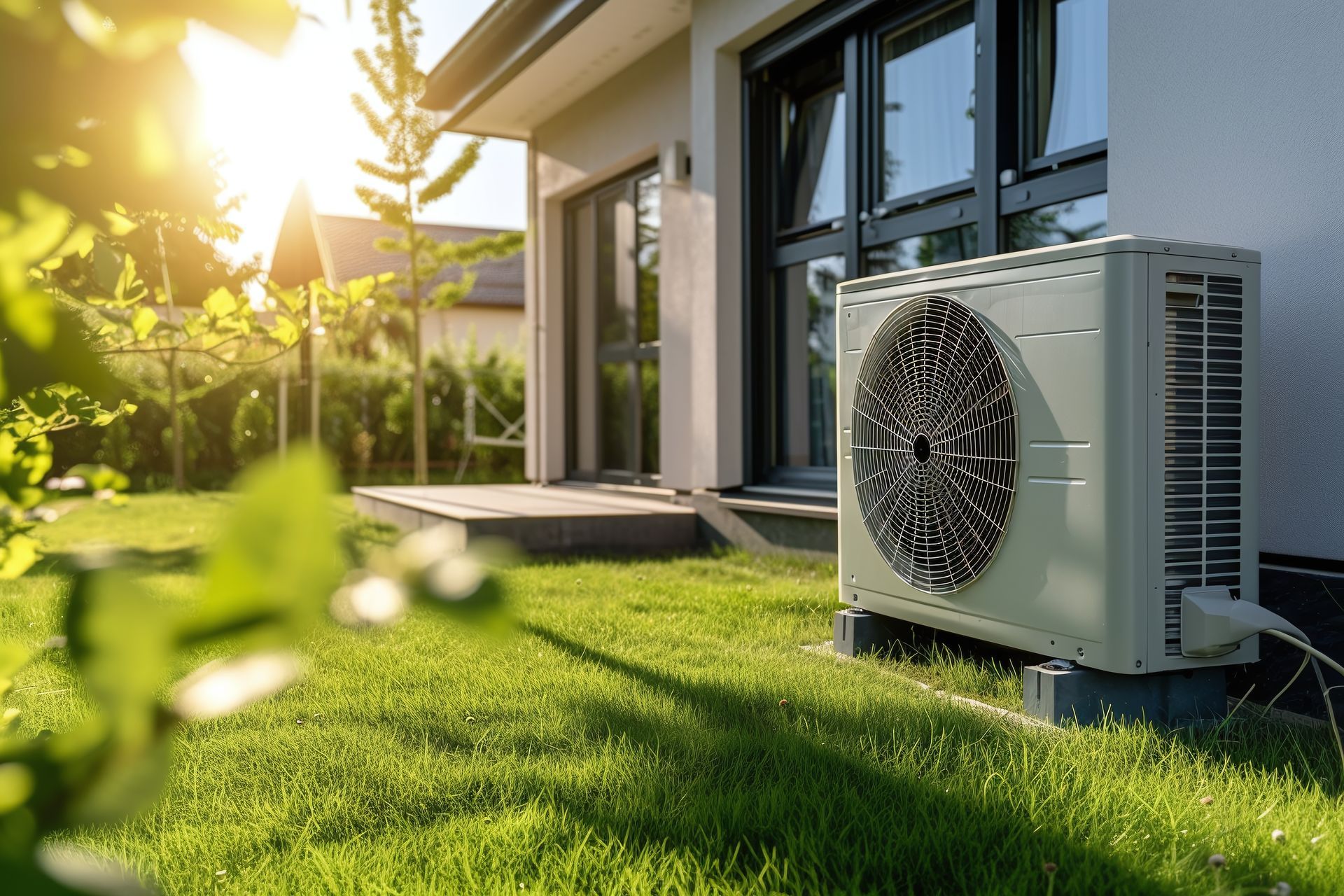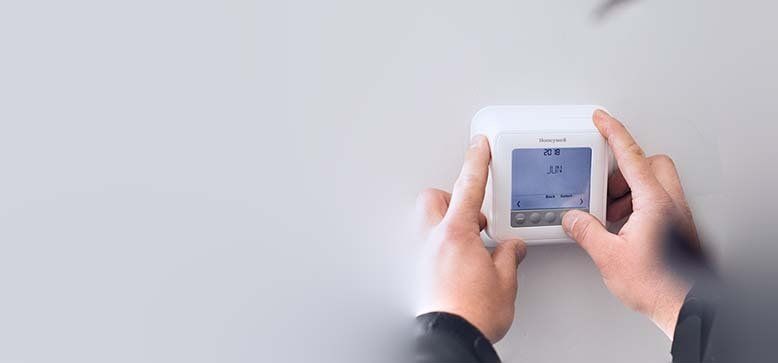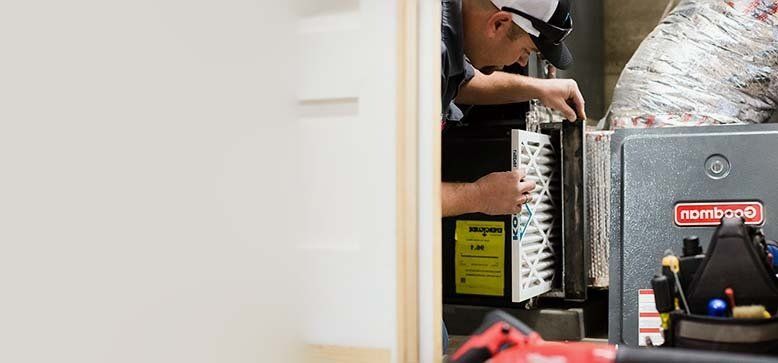6 Tips for reducing Your Home's Air Leakage
Save Energy and Lower Utility Bills
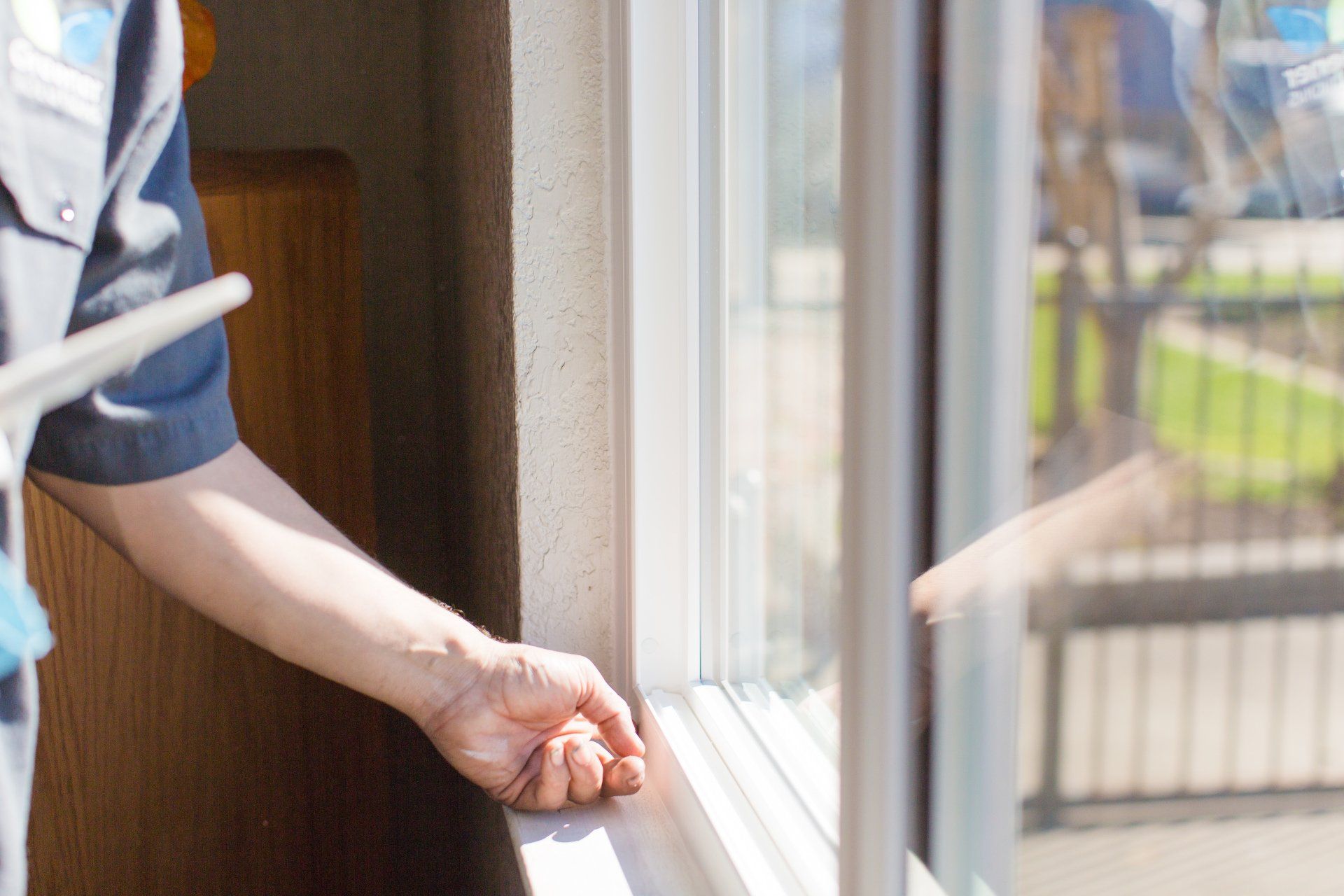
Wasted energy impacts both your heating and cooling bills so regardless of the season, you’ll benefit from tightening up your home’s construction. You’ll also have more control over the allergen and may even prevent outdoor critters from taking residence in the hidden corners of your home. Here are some simple ways you can keep your conditioned air inside and prevent outdoor air from taxing your HVAC equipment.
Replace weather stripping around windows and doors
This is a simple, yet often overlooked task that can help you save on energy bills. You can chooser from materials like foam, vinyl, rubber, felt or metals like aluminum or stainless steel.
Seal around lighting
The space above your ceiling is often unheated space. Sealing the space around light fixtures closes the gab for air to enter your room from these unconditioned areas between your ceiling and the structure.
Seal around plugs and plumbing studs
Similarly, the gaps inside your wall me be open to unconditioned spaces like the attic and certain areas of your basement. The openings for your plumbing and electrical outlets can allow unconditioned air to enter, or can cause you to lose precious heated or cooled air. Caulk and seal around these items to minimize air leakage.
Replace window panes
As windows age, the seal around the glass deteriorates, much like the seal around the window itself. Replace windows before they’ve reached the end of life or as soon as you notice excessive condensation between the glass panes if you have double-glazed glass. Look for windows that are more energy efficient. They may be more expensive but the energy savings will offset the extra cost.
Ensure that you have backdraft dampers installed
Where dryer and fan exhaust exit the building, there’s usually a damper that prevents air from entering when the exhaust is off. It allows air to flow in one direction only and protects you home from cold air being blown in during winter. If the damper is missing or damaged, have one installed as soon as possible.
Seal around flue vents, chimneys and other pipes and ducts leaving your house
In addition to preventing air from entering your exhaust ductwork with a damper, you need to ensure there is no space around the duct where air can seep into your house. Seal around these termination points to keep the air out.
Keep in mind that when you seal your home tightly, you still need ways to provide ventilation. If you need help reducing your home’s leakage while keeping the fresh air at the right levels, give Greener Solutions Heat & AC a call.

